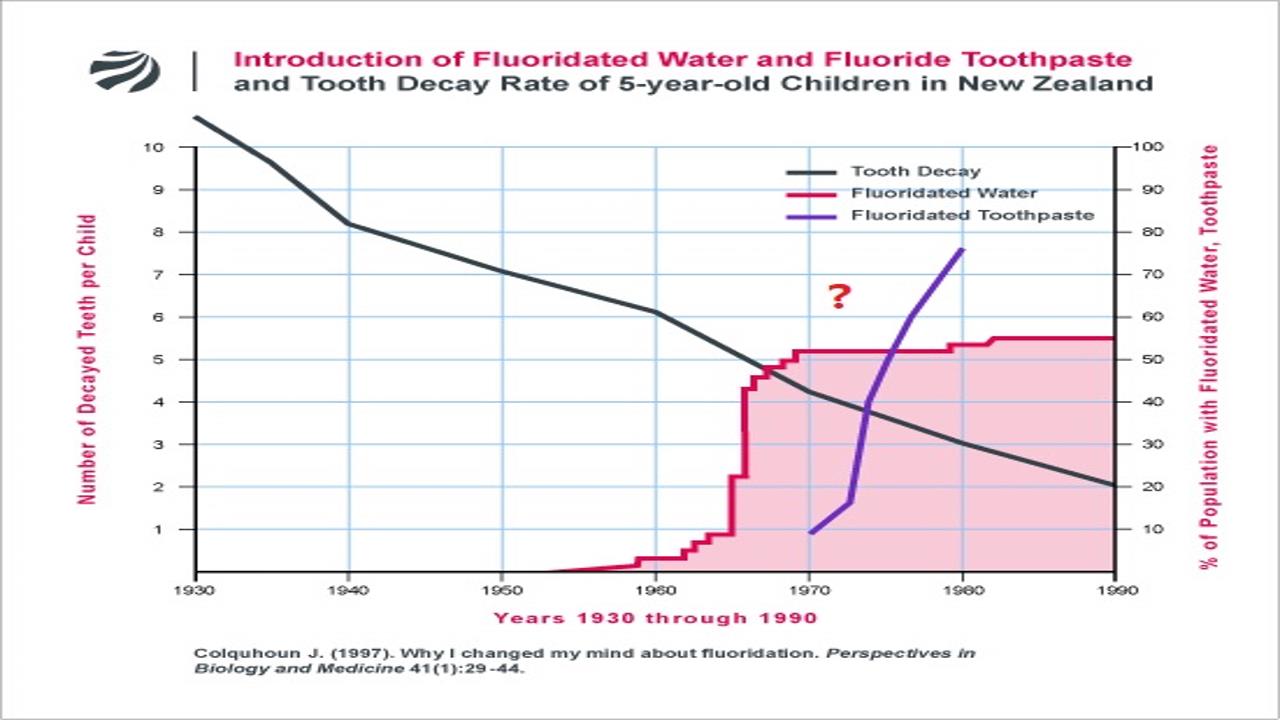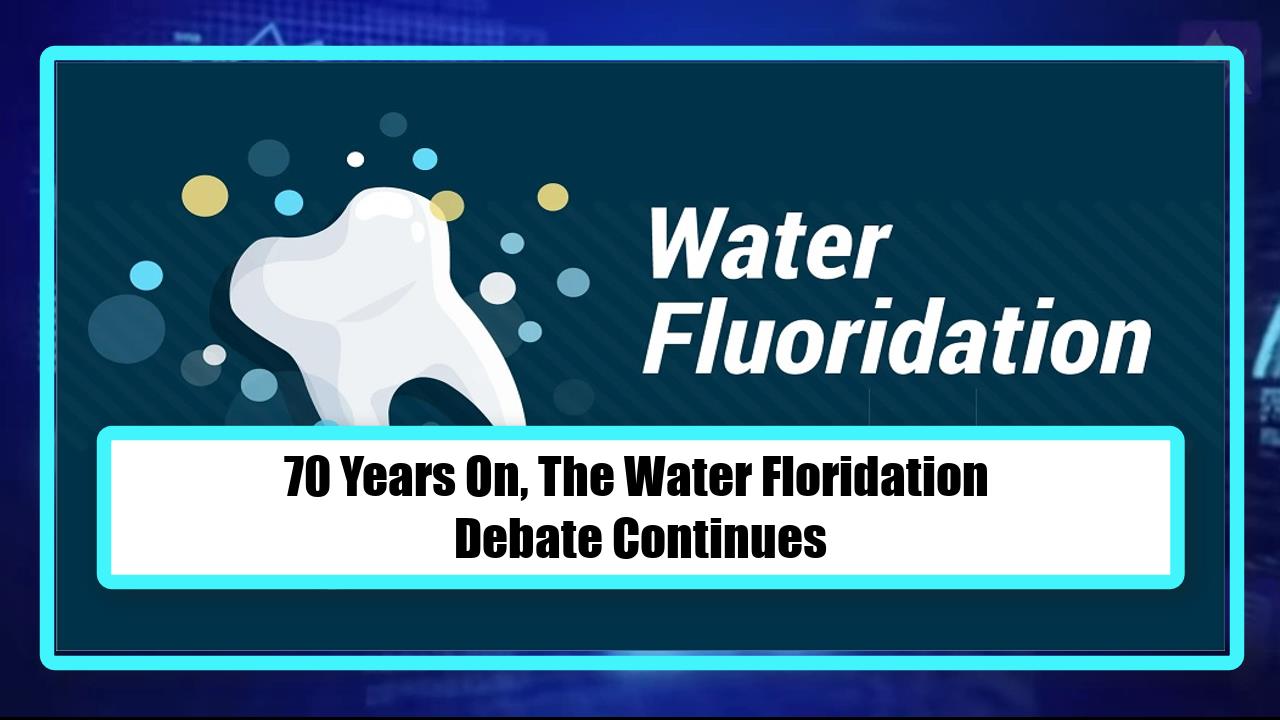Video:
Take our online poll:
AI Analysis:
The addition of fluoride to public water supplies has been a subject of debate for many years, and opinions on its benefits and drawbacks vary. Here are some key points to consider:
Pros of Adding Fluoride to Water Supplies:
1) Dental Health: One of the primary reasons for adding fluoride to water is to improve dental health. Fluoride is known to help prevent tooth decay, particularly in children, when exposure occurs during the development of their teeth.
2) Cost-Effective: Water fluoridation is often considered a cost-effective public health measure for reducing dental cavities, especially for underserved populations who may not have access to regular dental care.
3) Community-Wide Impact: Water fluoridation benefits the entire community, as it is a way to reach people of all ages and socioeconomic backgrounds, regardless of their access to dental care.
Cons of Adding Fluoride to Water Supplies:
1) Dental Fluorosis: Excessive fluoride consumption, especially during tooth development, can lead to dental fluorosis, a cosmetic issue that causes enamel discoloration and pitting.
2) Overexposure Concerns: In some cases, individuals might receive too much fluoride if they consume fluoridated water and use dental products like toothpaste and mouthwash that also contain fluoride.
3) Ethical and Consent Issues: Some argue that adding fluoride to water infringes on personal choice and consent, as individuals may not wish to ingest it.
4) Environmental Impact: The environmental consequences of fluoride runoff and discharge from water treatment facilities can be a concern, potentially affecting aquatic ecosystems.
Effectiveness Concerns: Some studies have suggested that the decline in cavities in recent years may be due to other factors, such as improved dental care and diet, making the effectiveness of water fluoridation a subject of debate.
The decision to add fluoride to public water supplies is typically made at the community or municipal level. It's important to consider the specific context and the needs and preferences of the local population. Many countries and regions have established guidelines for the optimal level of fluoride in drinking water to balance the benefits of improved dental health with potential risks. Ultimately, the decision should be based on scientific evidence and the best interests of the community.
Chart:

References:
Water Floridation Pros and Cons


Comments